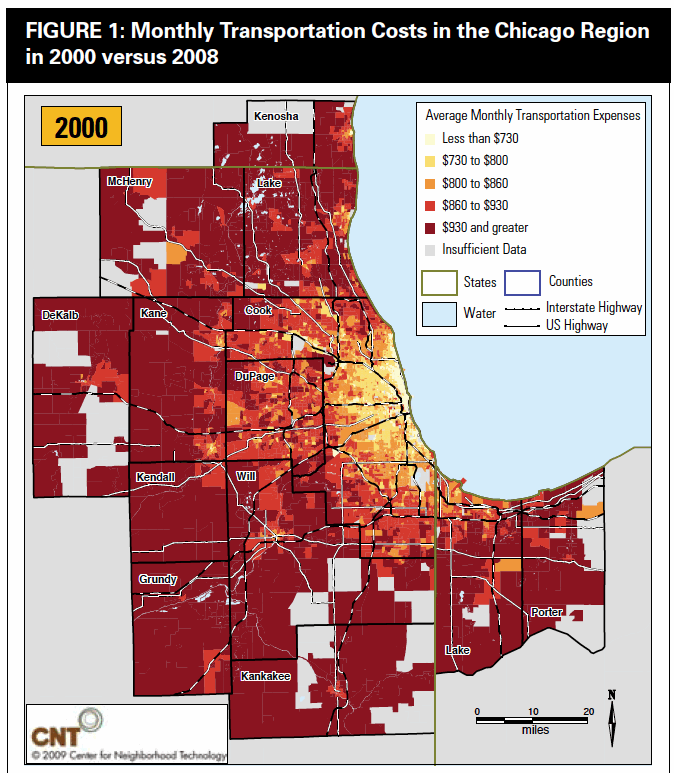
NATURAL RESOURCES DEFENSE COUNCIL
While the nation continues to grapple with a troubling housing market and a rash of mortgage defaults, new research has emerged drawing a direct link between “location efficiency”—a measure of the transportation costs in a given area—and mortgage foreclosure rates. The study shows that factors such as neighborhood compactness, access to public transit, and rates of vehicle ownership are key to predicting mortgage performance and should be taken more seriously by mortgage underwriters, policymakers, and real estate developers.












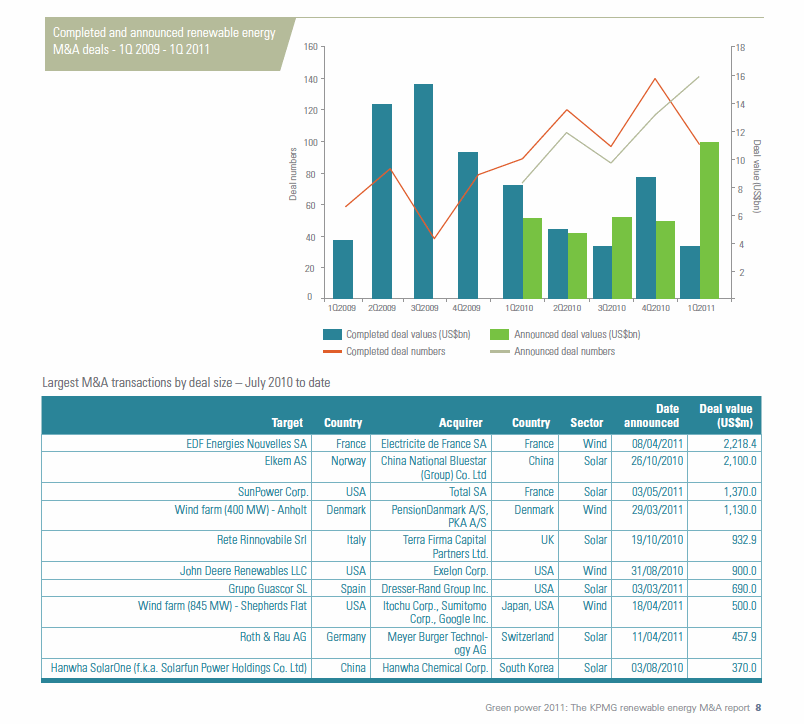

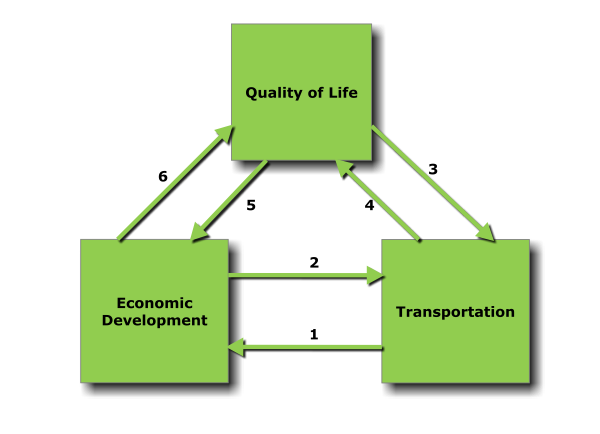
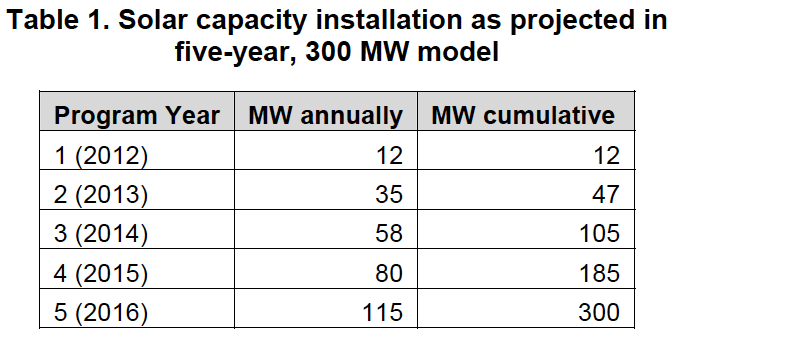
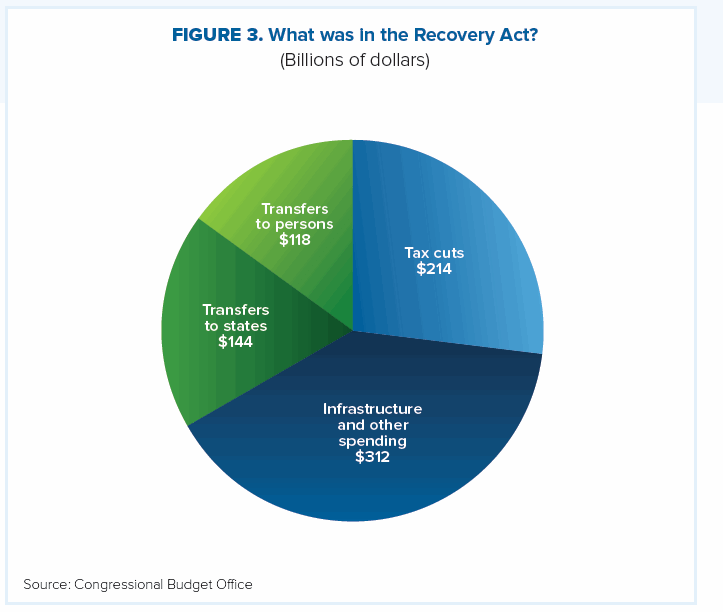
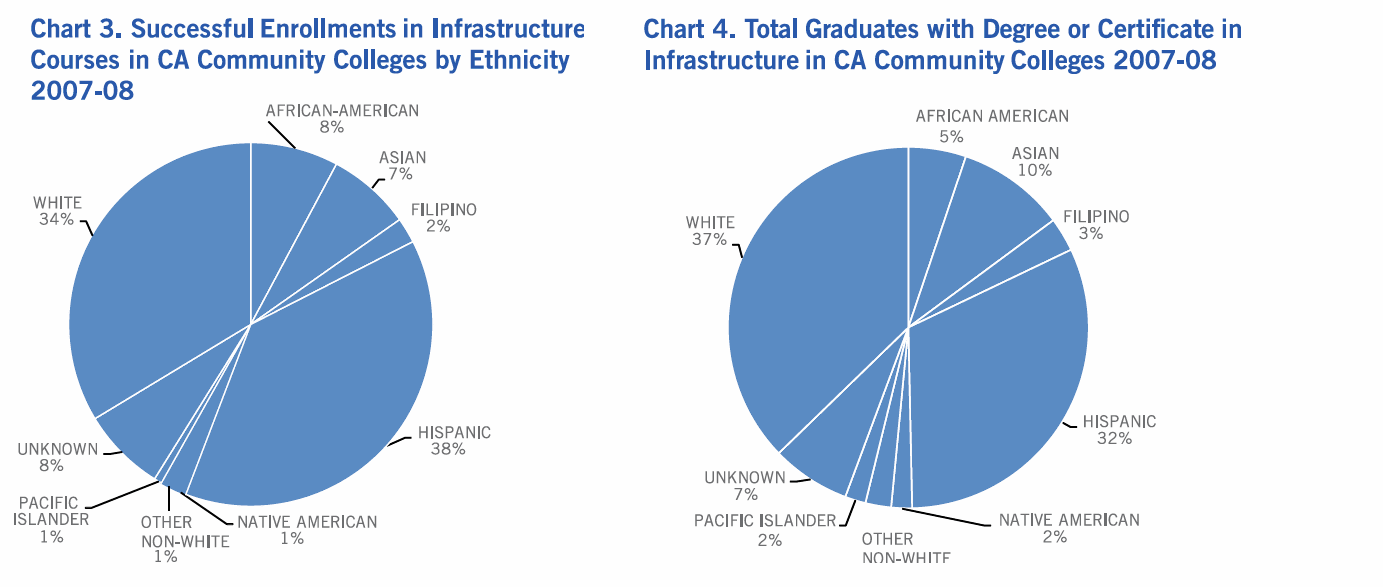
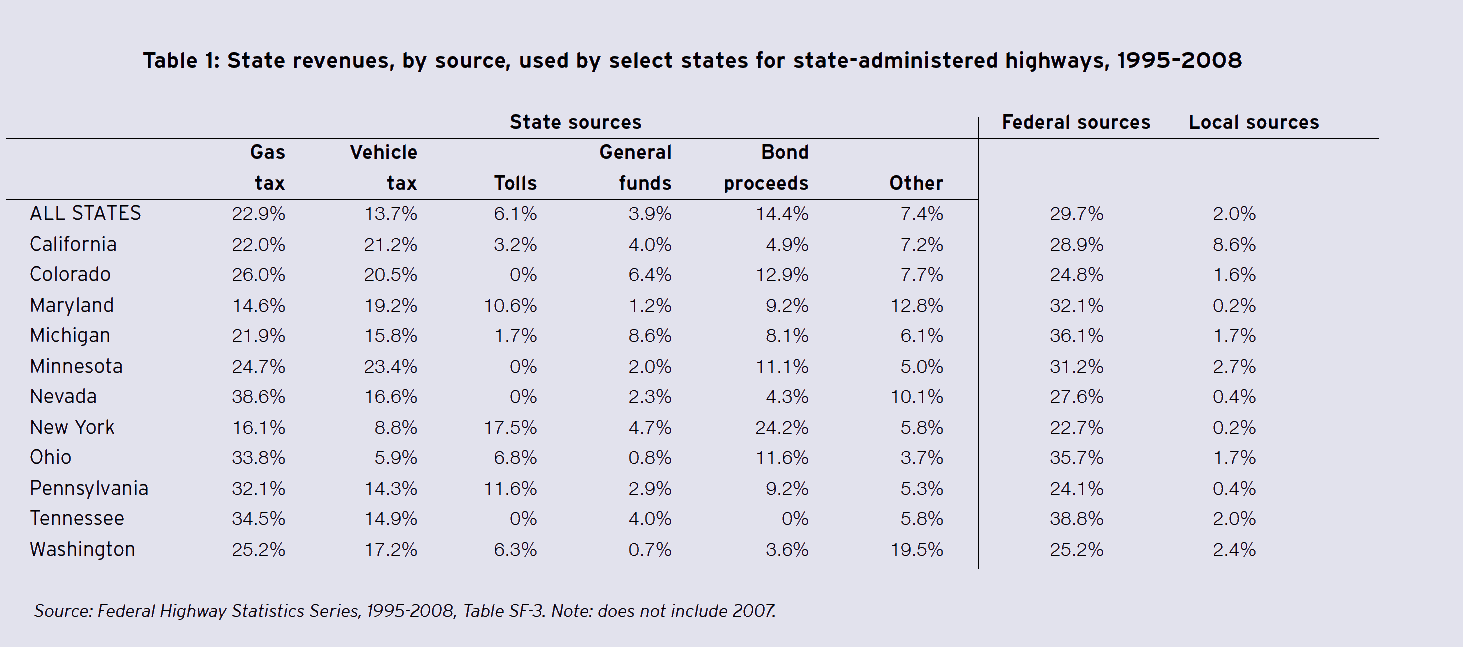

 RSS Feed
RSS Feed